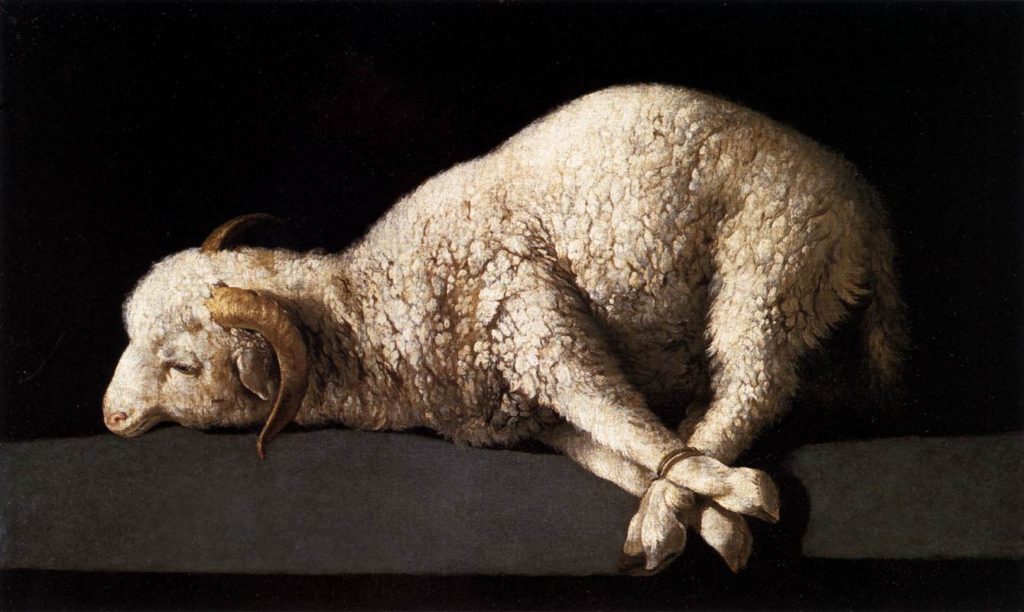
On a recent flight I read an article in the airline magazine about a rather unique watch called a Tikker. It doesn’t just tell you the time – it tells you how long you have left to live. The author of the article, Ben Hamersley writes, “Do you have any idea how long you have left, well, actually? In total? To live? I do. It’s counting down on my wrist as I type this. I have, according to my watch, 44 years, ten months, five days, six hours, ten minutes to go. Even less by the time you read this, of course, and the information is coming to me every time I glance at my wrist. I’m wearing a Tikker watch, calibrated against my date of birth, nationality and other pertinent things, and displaying a forever depleting time left to my, actuarially predicted, statistically average, time of death. The brainchild of Fredrik Colting – a Swedish former gravedigger…” Fredrik obviously had plenty of time on his hands. We all do, and one of the things I love to do on a flight is watch the map of the world going by and the timer ticking down to the arrival time. Wouldn’t it be amazing to have one for our life journey? Fredrik hits the nail in the coffin by observing,








